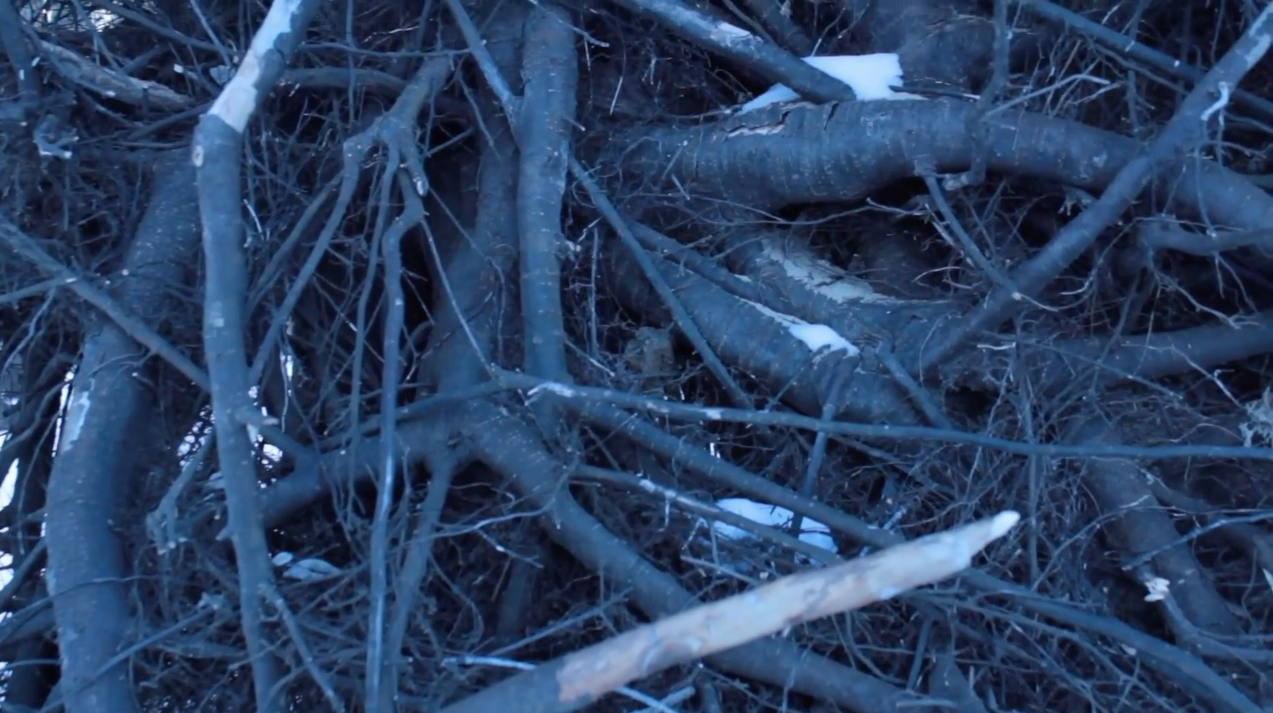A Word on Science, Art-Making, and Trump’s Wall
Published in Synapse: The UCSF Voice (2021)
On the politics of metaphor in science education, and what biology might learn from queer kinship.
By Yoni Tamang
The metaphor most commonly used by educators to describe the selective permeability of the cell membrane is a political border. You’ll remember the cliché from biology class: the cell is a city and the organelles perform civic functions, lysosomes take out the garbage, ribosomes mint currency, the smooth and rough endoplasmic reticulum provide highways, while the dictatorial nucleus barks orders. The membrane, its border, maintains homeostasis by keeping the bad stuff out and the good stuff in.
Do these metaphors trivialize the actual border violence ongoing in our country? Does the framing reveal something important about the cell behavior, such that we ought to keep it in circulation? The United States’ borderlands are not only geographies where our government enacts its security policies, but also symbolic territories written into our flesh. Do we even have an alternative? Or are we trapped into imagining cellular life through conquest?
I know inventing new biological metaphors will not solve the dilemmas of current immigration politics, but I do believe new stories matter. Rethinking metaphor is part of decolonizing our flesh, and a worthwhile task for art.
So here’s my counter-story of selective permeability:
The two great evolutionary leaps on earth—the emergence of eukaryotes from prokaryotes, and of multicellular organisms from single cells—happened not through rigid borders but through porous ones. A bacterium engulfed another, failed to destroy it, and instead thrived on its energy. Together, they passed on a singular genome, a blueprint for cooperation. Later, groupings of unicellular organisms lingered in liminal states—neither fully apart nor fully fused—until they stumbled into multicellularity. Evolution advanced through boundary failures.
We owe our eukaryotic lives, essentially, to indigestion and lazy policing, to symbiosis in the face of disruption. Because my body is not made of microscopic dictatorships with border police at every gate. My body is a contact zone, the product of billions of years of unlikely kinship among the strangest partners.
